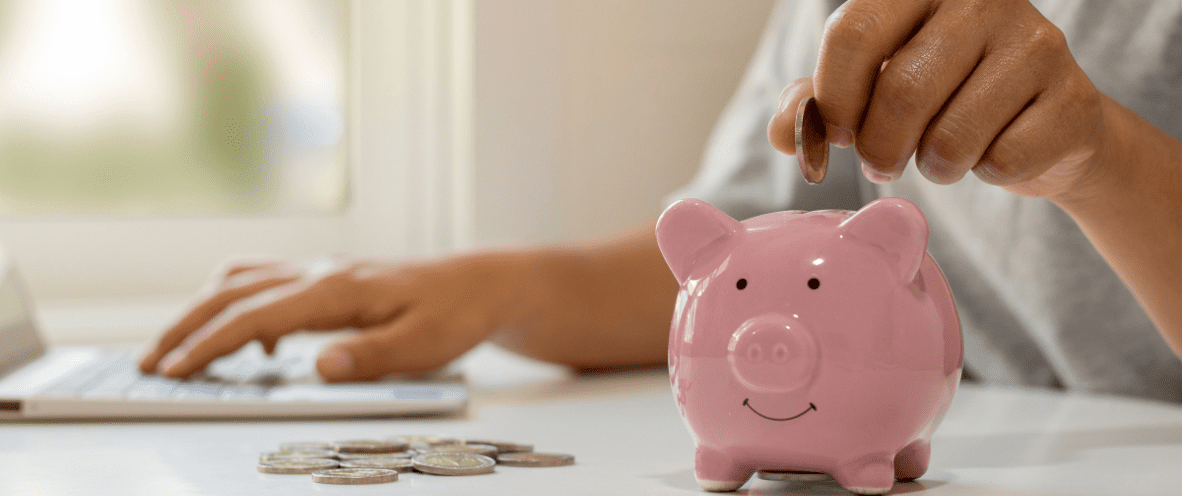With the ongoing cost of living crisis, it can be helpful to review your spending habits to make your money work harder for you.
We’ve put together a list of simple ways to keep your expenses down.
1. Cut down on takeaway coffees.
Coffee is a staple of most people’s mornings, and as much as you may love the convenience of a takeaway fresh brew (we know we do), having multiple takeaway coffees each week can quickly add up.
A single coffee may only cost around $4.50, but if you are buying one every weekday that’s $22.50 a week, and over $1,000 every year!
Consider making your coffee at home and try limiting your takeaway coffee to once or twice a week.
2. Eat more meals at home.
You can save money by preparing and eating meals at home rather than out at a restaurant or takeaway shop. Cooking at home means you have more control over the quality and quantity of ingredients, and you can adjust portion sizes to suit your family’s needs.
If time constraints are an issue, consider cooking and freezing meals on the weekend so that you’ve got lunch and dinner sorted throughout the week.
3. Plan your meals.
Before you head to the shops, create a shopping list. Not only can this help you plan your meals for the week, but it can also reduce the risk of impulse buying. Make a note of what you already have in your pantry, fridge, and freezer to ensure there are no double-ups.
There are also free mobile apps designed to make meal planning simpler. Some will even give you recipe ideas for what you already have at home.
4. Monitor your water and electricity usage
It’s easier than you think to reduce your water and power consumption. Make sure you use energy-efficient appliances and lights, and only use them in the room you’re in. ALWAYS turn lights and appliances off when they’re not in use.
‘Vampire Appliances’ are devices that go into standby mode rather than fully powering off. Typically, these devices are gaming consoles, laptop chargers and televisions. Leaving these devices on standby mode can cost up to 10% of your power bill. The best way to avoid this extra cost is to unplug or turn off appliances at the outlet.
Other ways you can cut down on your water and electricity usage include:
- blocking any draughts to avoid leaking heat
- turning the heater down and wearing an extra layer of clothing
- only running your washing machine and dishwasher with a full load
5. Explore cheaper alternatives.
Why pay more for something that tastes, looks, or does the same job, simply because of a brand name? Give generic brands a try next time you shop for groceries.
Using frozen vegetables can also be cheaper than purchasing fresh, and when stored correctly, can last much longer than fresh veggies.
6. Create a budget.
Having an idea of where your income is going is a great start to saving money and can be a rule of thumb for deciding how much you should be putting aside for certain things.
Start by reviewing your bank statements, bills, and receipts to get an understanding of your regular expenses. Deduct your expenses from your income and see if there is something in your expenses that you could either cut out or cut down on.
You can read more about budgeting on the Money Smart website.
There are many simple and practical ways to keep your expenses down and your budget healthy.
Every little bit counts towards achieving financial stability and security.
So why not start implementing these tips today and see the difference it can make to your bank account? Happy saving!




